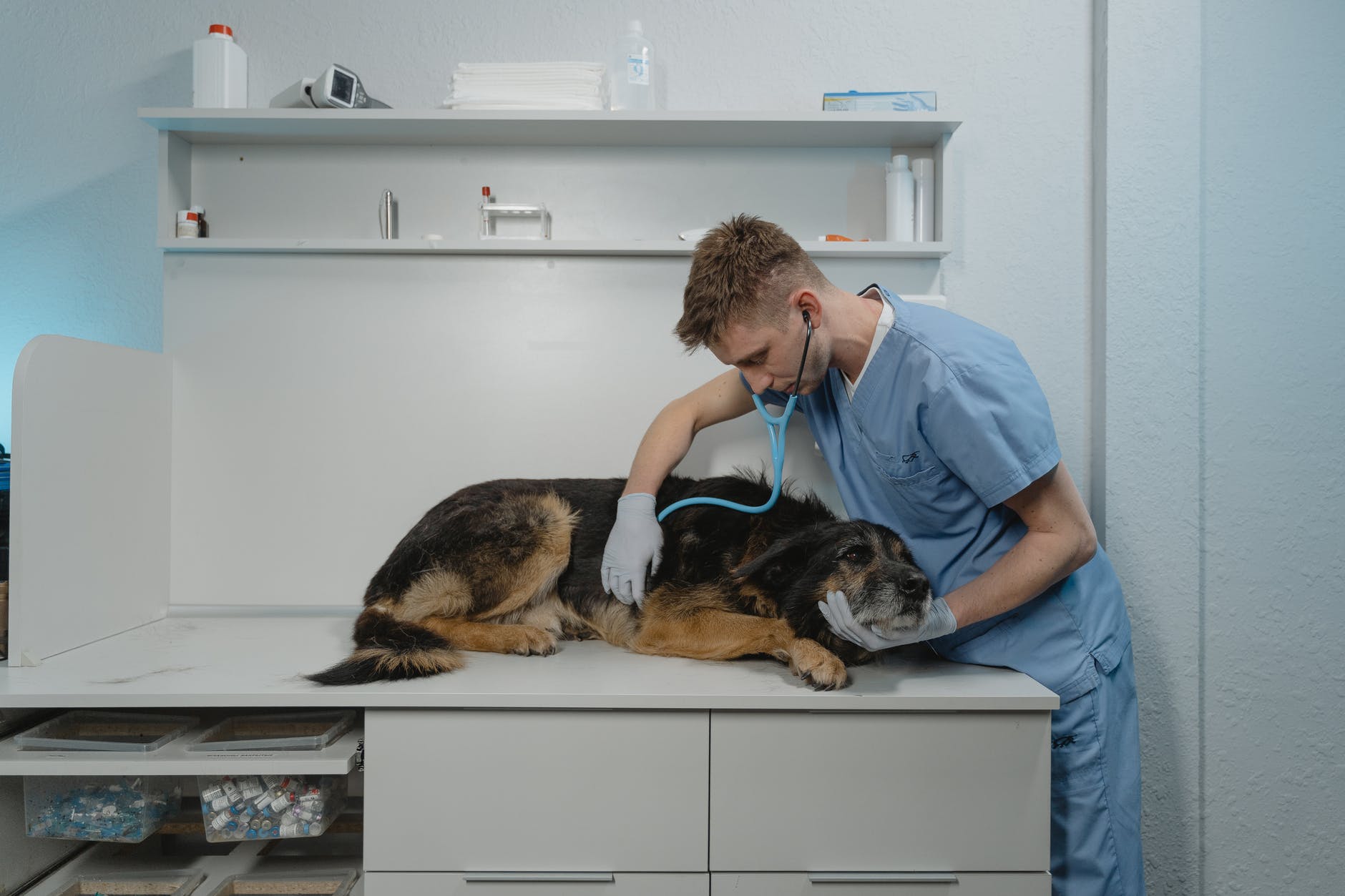If you own a cat, it’s most likely that you have been scratched by your feline friend at least once. While cat scratches may not seem like a big deal, they can be pretty dangerous.
Unfortunately, your feline family member can also get sick or injured if they scratch you. If your cat scratches you hard enough, they can break through the skin and cause bleeding. A cat scratch can even become infected in some cases, requiring you to take them to a good emergency veterinarian.
Read on to know more about the dangers of cat scratches and how to prevent them.
What Is a Cat Scratch?
A cat scratch is a long, deep cut made by a cat’s claws. It can be excruciating and may bleed profusely. In some cases, a cat scratch may also become infected.
If your cat scratches you hard enough, they can break through the skin and cause bleeding. A cat scratch can even become infected in some cases, requiring you to take them to a vet clinic.
It’s important to note that when your pet scratches you, avoid hurting them back. This will only make them more aggressive and increase the chances of them scratching you again in the future.
What Are the Symptoms of a Cat Scratch?
The symptoms of a cat scratch can vary depending on how deep the wound is. In most cases, a cat scratch will cause redness, swelling, and pain at the wound site. If the scratch is deep enough, it may also bleed.
In some cases, a cat scratch can become infected. Signs of an infection include:
- Pus or drainage from the wound
- Redness and swelling that gets worse
- Increased pain
- Fever
- Lethargy or loss of appetite
If you notice any of these symptoms, it’s essential to take your cat to the vet as soon as possible. You want to choose a reputable vet clinic within your area for easier access, such as the American Vet Clinic.
What Is a Cat-Scratch Fever?
Cat-scratch fever is a bacterial infection caused by a cat scratch or bite. The bacteria, Bartonella henselae, is found in the saliva of cats and can be passed to humans through a scratch or bite.
Symptoms of cat-scratch fever include:
- Fever
- Swelling at the scratch site or bite
- Fatigue
- Headache
- Loss of appetite
- Swollen lymph nodes
If you think you have a cat-scratch fever, see a doctor as soon as possible. The infection is treated with antibiotics. Cat-scratch fever can lead to more severe complications like pneumonia or brain damage in rare cases.
How Are Cat Scratches Treated?
The treatment for a cat scratch will depend on the severity of the wound. In most cases, a cat scratch can be treated at home.
- If the scratch is bleeding, hold a clean cloth against the wound to stop the bleeding. If the bleeding has stopped, wash the wound with soap and water.
- Apply an antibiotic ointment to the wound and cover it with a bandage.
- If the scratch is not bleeding, you can still wash it with soap and water. Apply an antibiotic ointment to the wound if it looks like it might become infected. Ensure to use a clean bandage to cover the wound and keep it protected.
- If the scratch is infected, your cat will need to see a vet. They may prescribe antibiotics to clear any infection. Hospitalization may also be necessary for your pet for treatment in some cases.
How Can I Prevent Cat Scratches?
Below are a few things you can do to prevent cat scratches in the future, as follows:
- Always keep your cat’s claws trimmed.
- You can also teach them to scratch on a scratching post instead of on you.
- If your cat does scratch you, avoid reacting negatively. This will only make them more likely to scratch you again. Instead, try to redirect their scratching behavior onto a scratching post or other appropriate object.
The Bottom Line
Getting a cat as a member of your household requires providing a reliable vaccination clinic, nutritious food, and ensuring that your cat is well-groomed, loved, and given plenty of toys and scratching posts. You should also be responsible for avoiding accidents involving them that may cause you or other family members to get hurt.
Although a cat scratch is not a big deal and will heal within a few days, there are some instances where it can become a more serious problem. If you think you have a cat-scratch fever, see a doctor as soon as possible.








